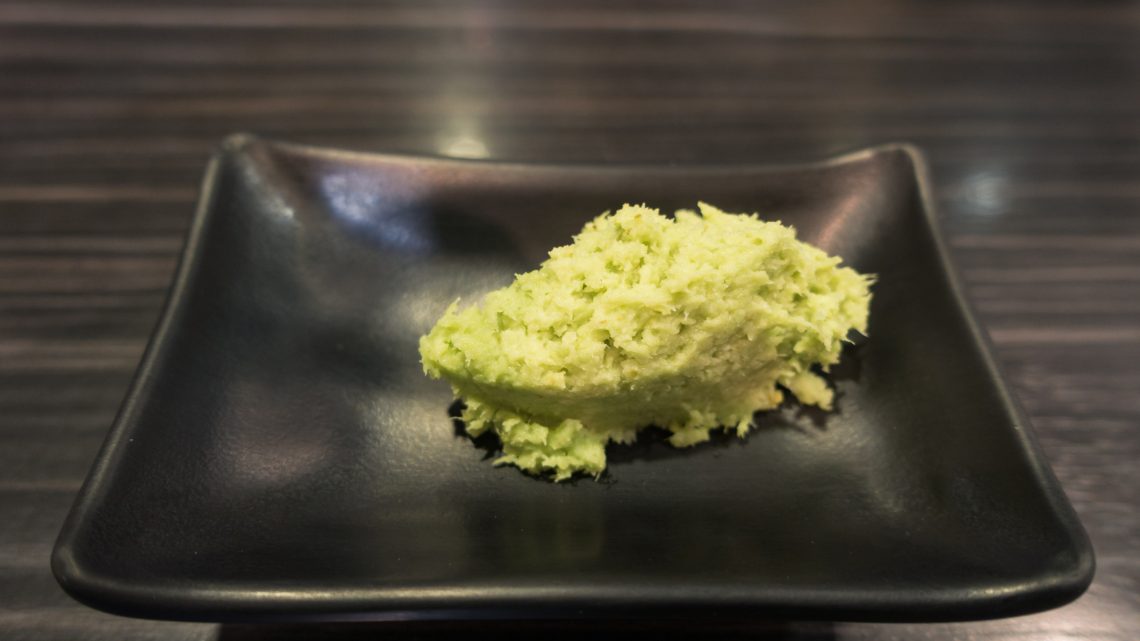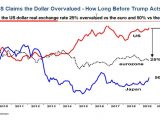
Woman Hospitalized After Mistaking Wasabi for Mashed Avocado
September 25, 2019During one Season 9 episode of Bob's Burgers, Teddy, the beanie-wearing, Boston-accented contractor, scores a second date with a woman named Caroline, and agrees to take her for sushi despite the fact that he absolutely hates it. He decides to have a couple of rolls of takeout sushi for lunch, in the hopes that maybe he'll start to dig it before dinner. Instead, he mistakenly eats an entire forkful of wasabi after mistaking it for guacamole.
Because this is a cartoon, he immediately scoops up the "guacamole" on the other side of his plate, and pops that into his mouth, too. "OH, IT'S THAT STUFF AGAIN!" he screams, before spitting it on the side of Linda Belcher's face.
This may be the only time that we'll ever be able to transition from Bob's Burgers to the British Medical Journal, but according to a recently published case study, a woman in Israel went Full Teddy while she was at a wedding reception.
The unnamed 60-year-old saw what she thought was a bowl of avocado on the table, ate an entire spoonful, and somehow managed to not start sobbing in front of the other guests. Within a few minutes though, she started having intense chest pain that radiated down her arms. She stayed at the wedding—this woman parties—but when she still felt terrible the next day, she went to the doctor.
IFLScience reports that an ECG showed an irregularity in the left ventricle of her heart, and she was ultimately diagnosed with takotsubo cardiomyopathy, which is more commonly known as "broken heart syndrome." According to Harvard Women's Health Watch, broken heart syndrome can mimic some of the symptoms of a heart attack, including severe chest pain, shortness of breath, and an irregular heartbeat.
Although the exact cause of the colloquial-sounding condition isn't completely understood, those symptoms can be triggered by emotional stress, like a breakup or the death of a partner, friend or pet, or even seemingly positive stressors like a surprise party. More than 90% of reported cases of the condition have occurred in women who are between the ages of 58 and 75.
Its more technical name comes from the telltale "ballooning" of the left ventricle: when it expands, it looks like a tako-tsubo, a Japanese octopus trap. (The first known case was described in Japan in 1990.)
The condition is typically reversible, though, and the wasabi-eater was out of the hospital and fully recovered within a month. "To the best of our knowledge, this is the first report of takotsubo cardiomyopathy triggered by wasabi consumption," the case study authors wrote.
And if we've all learned anything from her experience, it's that we should never trust a bowl of "avocado."


